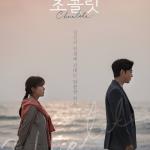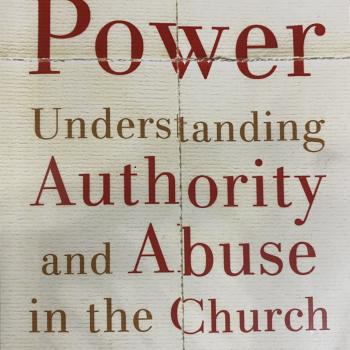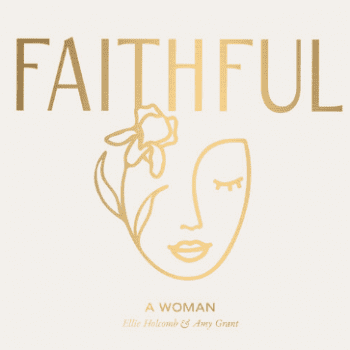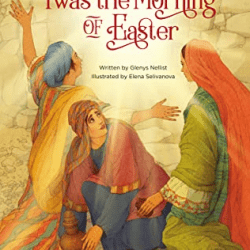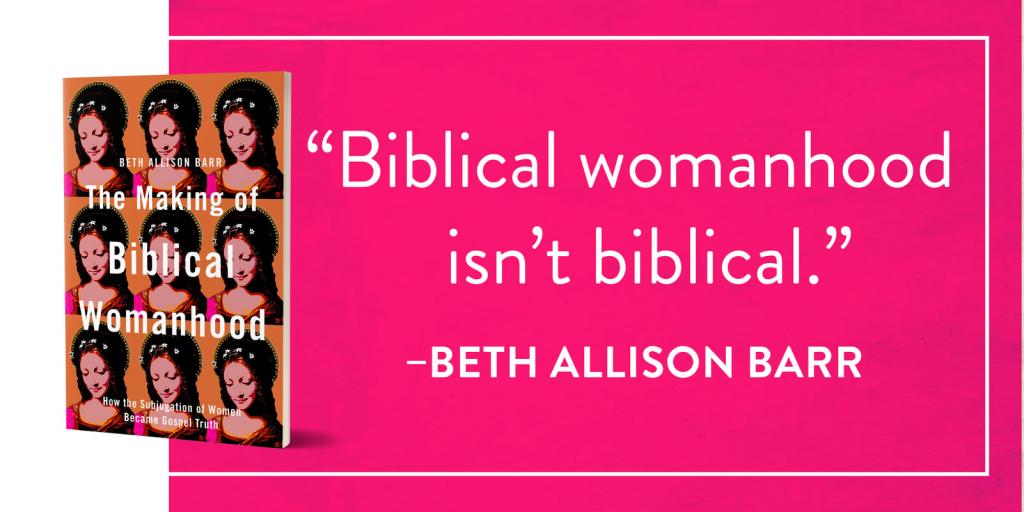
What are the main takeaways you hope for the reader?
BAB: Really, there is one main point: ‘biblical womanhood’ isn’t biblical. It’s that simple. What we have been taught about the “God-given” limits placed on women’s leadership and roles stem from human culture, not from God.
But within that bigger point, I hope that evangelicals will approach scripture more judiciously and better understand how Bible translations impact their ideas about gender roles. I hope that evangelicals will stop settling for church histories and sermons and Sunday School lessons that leave women out of the narrative. I hope that evangelicals will come to realize that—rather than a worrisome trend—women as preachers, teachers, and leaders have always been a significant part of the Christian story.
If I can add one more: I hope evangelicals will begin to ask more questions about why they believe what they believe, and that they will realize the God we serve is big enough to handle all the questions we ask.
Where do you see biblical womanhood doing the most harm?
BAB: Despite how pretty we try to make it with words like “servant leadership” and “complementarity,” the crux of biblical womanhood teaches that women are divinely designed to support men and that—because of the way God made us—women are lacking men’s leadership capability. Women, in other words, are taught that we are less, whereas men are taught that they are better. History has shown us over and over how harmful this idea is for women. It places women perpetually under the power of men and excludes women perpetually from decision-making roles. We literally have no place at the table; or, at best, a place that is also less than that of men. Biblical womanhood teaches women to not question the authority of men and silences women who find themselves in dangerous and abusive situations. Ideas matter. And the idea of biblical womanhood teaches that women are less than men, which leads to men treating women accordingly.
What is your greatest hope for the impact of the book?
BAB: That it helps women. That it allows evangelical women and men to realize that complementarianism is not the divine order created by God. That women and men will know that they can continue to be biblical faithfully even if they begin to question or abandon complementarianism. That it will break the abusive stranglehold in so many complementarian churches that has silenced women and contributed to decades of spiritual and sexual abuse. That evangelical women who do feel God’s calling to preach, teach, and lead will be free to do so. That, instead of forcing women into a one-size-fits-all mold, it will empower women to be who they have been made to be. More than anything else, I pray that The Making of Biblical Womanhood gives women hope for a better Christian world.
~~~
Listen to Beth discuss her book on NPR, Scot McKnight’s Kingdom Roots podcast, and Jackie Roese’s Jackie Always Unplugged podcast (among many others). Follow her on Twitter, Facebook, and Instagram. Grab a copy of MBW from any bookseller online or in your area.


